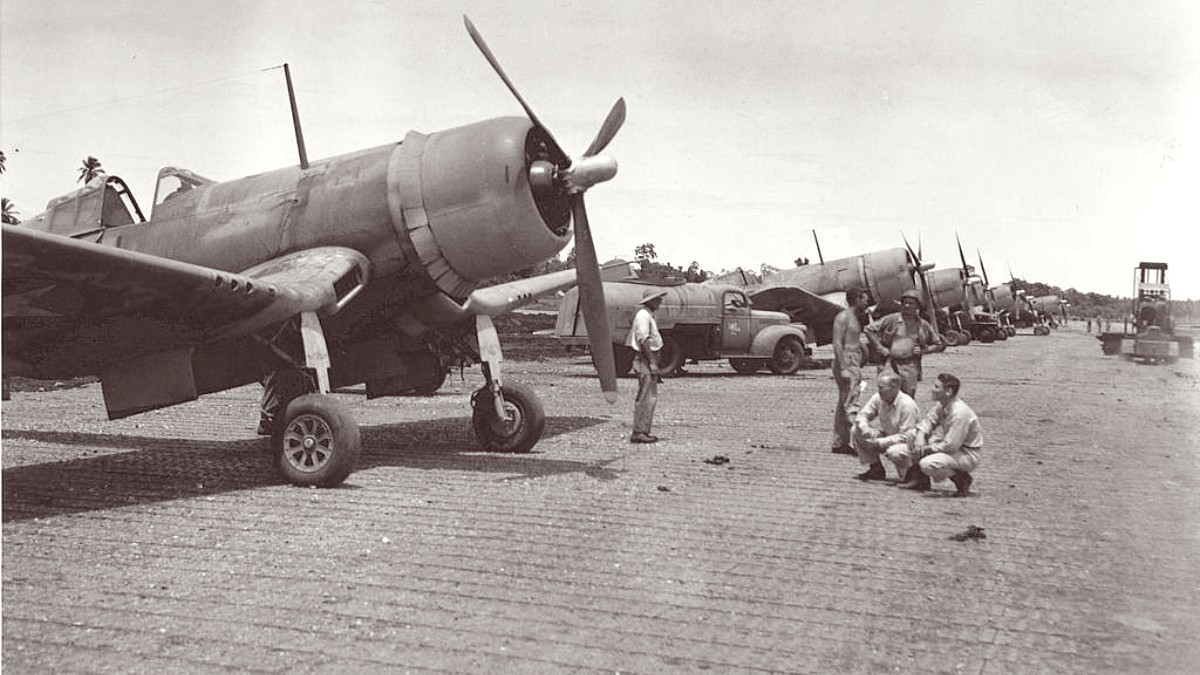
Solomon Islands
Guadalcanal experiences a tropical climate throughout the year. Temperatures stay consistently high, ranging from 25°C to 32°C (77°F to 90°F) daily. Humidity levels are generally high, often above 80%. The island has two main seasons, each presenting a different experience.
The Dry Season (May to October) is generally drier and slightly cooler. Humidity is lower, with more sunshine and calmer seas. This period is often more comfortable for outdoor activities. The Wet Season (November to April) has higher rainfall, often in heavy, short bursts, and humidity also rises. Tropical cyclones are a possibility during these months. Expect lush green landscapes and fuller waterfalls during this time.
The Solomon Islands are in the cyclone belt. While not an annual occurrence, tropical cyclones can form during the wet season (November to April). These bring strong winds, heavy rainfall, and potential flooding.
Always monitor local weather forecasts before and during your trip, especially if traveling during these months. Temperatures remain consistently warm, rarely reaching extremes outside the typical tropical range. The sun is powerful year-round, calling for constant Sun protection.
Nov - Apr
Fewer tourists, potentially lower prices, lush green landscapes, impressive waterfalls.
High humidity, heavy rainfall, potential for cyclones, some roads may become impassable, rougher seas, increased mosquito activity.
May - Oct (Dry)
Less rain, lower humidity, calmer seas. Ideal weather for outdoor activities, diving, and snorkeling. Travel conditions are more reliable.
Demand for accommodation and tours higher. Prices may be slightly elevated. More fellow travelers.
April, November
Transition periods with a mix of good weather days and fewer crowds. You might find some good value on accommodation.
Weather can be unpredictable. Early wet season rains or late dry season humidity possible. Some services might operate on a lower season schedule.
Many nationalities receive a visa on arrival, including citizens of Australia, New Zealand, the United States, the United Kingdom, Canada, and most European Union countries. This visa typically permits a stay of up to 90 days for tourism. If your nationality does not qualify for a visa on arrival, or if you plan to stay longer than 90 days, an advance visa through a Solomon Islands diplomatic mission or the Department of Immigration in Honiara becomes necessary. The process usually submissions of forms, passport copies, photos, and proof of onward travel and funds. IVisa and VisaHQ can assist with visa applications.
As of late 2023 and early 2024, no specific health-related entry requirements exist beyond standard international health guidelines. However, regulations can change. Check official government websites, like the Solomon Islands Immigration Department or the Ministry of Health and Medical Services, close to your travel date for the latest updates.
Valid for at least six months beyond your stay.
Proof of confirmed onward or return travel.
Evidence of enough money to cover expenses.
Confirmed booking for your initial accommodation.
Complete upon arrival or during flight.
The Solomon Islands Dollar (SBD) serves as the local currency.
The Solomon Islands Dollar (SBD) is the local currency. Exchange rates fluctuate; approximately 1 USD equals 8.5 SBD (indicative). Exchange major currencies like USD, AUD, and NZD at banks in Honiara (BSP, ANZ). Airport exchange rates may not offer the best value. ATMs are available in Honiara but rare and unreliable outside the capital. Credit cards are accepted at major hotels and some larger restaurants in Honiara, but less common elsewhere.
Tipping is not customary or expected in the Solomon Islands. It is not part of the local culture for service staff. While not offensive if you offer, it is not something to worry about. Focus on good manners and respectful interaction with service providers.
These figures are indicative daily costs. They change based on your choices and current rates.
Your well-being holds top priority when traveling to Guadalcanal.
Consult a travel health clinic or your doctor at least 4-6 weeks before travel. They provide personalized recommendations.
A Yellow Fever vaccination certificate is called for if you arrive from a country with a risk of Yellow Fever transmission.
High risk throughout the Solomon Islands. Prevention is important for both. Mosquitoes transmit dengue fever, active during the day.
Take anti-malarial medication prescribed by your doctor. Use Permethrin-treated mosquito nets. Apply DEET-based insect repellent generously.
Do not neglect evening precautions, as mosquitoes are most active at dawn and dusk. Avoid exposed skin.
Traveler's Diarrhea is common. The UV index is high, leading to sunburn or heatstroke.
Drink only Bottled water, boiled water, or purified water. Eat well-cooked food. Use Broad-spectrum sunscreen SPF 50+, a Wide-brimmed hat, and stay hydrated.
Avoid tap water and ice unless the source is certain. Do not neglect hydration, especially during peak sun hours.
Small cuts quickly become infected in the tropical climate. Medical facilities are limited, often calling for evacuation for serious issues.
Clean and disinfect any wounds immediately. Carry a small, well-stocked First aid kit with antiseptics and Anti-diarrhea medication. Know local emergency numbers (999).
Response times are slow outside Honiara. Do not rely solely on local medical services for severe conditions.
| Category | Considerations | Prevention/Action |
|---|---|---|
| Petty Crime | Low violent crime against tourists, but theft and pickpocketing occur, especially in Honiara (market, bus stops). | Be aware of surroundings. Avoid walking alone at night. Use taxis after dark. |
| Natural Disasters | Active seismic zone (earthquakes, tsunamis). Tropical cyclones (Nov-Apr) possible. Heavy rainfall causes flooding. | Familiarize with hotel evacuation plans. Move to higher ground if earthquake occurs near coast. Monitor forecasts. Check road conditions. |
| Water/Food Safety | Tap water generally unsafe. Exercise caution with street food. | Stick to Bottled water. Ensure food is hot and freshly prepared. Avoid raw/undercooked meats. |